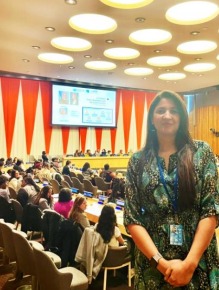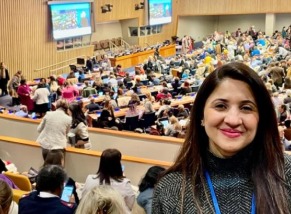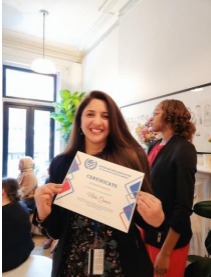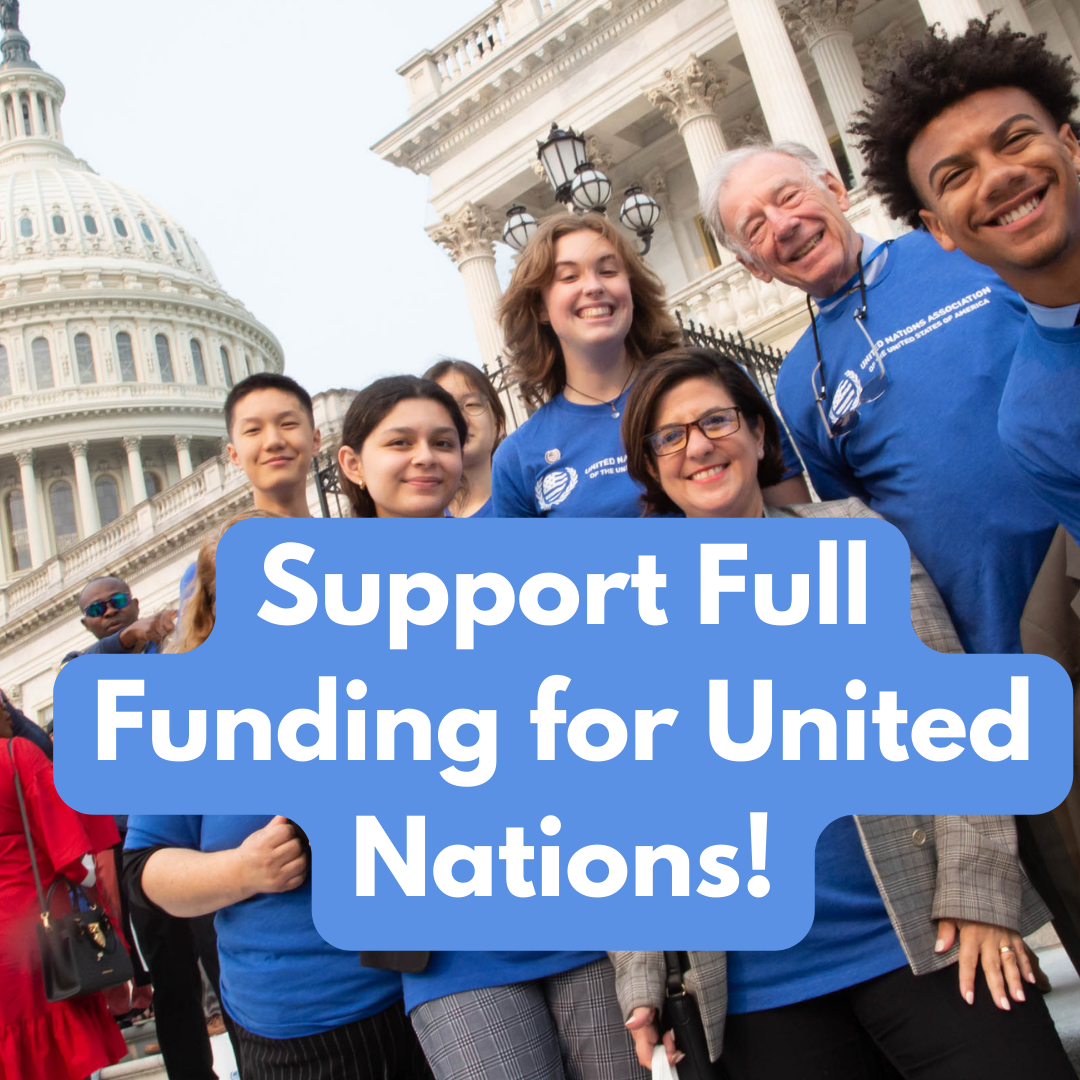CSW68 Delegate Blog Post
As a Ph.D. student in Community Health Education at the University of North Carolina, Greensboro, my recent experience as a delegate representing the United Nations Association of the United States of America (UNA.USA) at the 68th annual Commission on the Status of Women (CSW68) has been nothing short of transformative. Under the overarching theme of “Accelerating the achievement of gender equality and the empowerment of all women and girls by addressing poverty and strengthening institutions and financing with a gender perspective,” CSW68 provided a platform for robust discussions, innovative ideas, and collaborative efforts aimed at driving meaningful change.

Over the course of several days, I had the opportunity of attending discussions that addressed a wide range of themes and each brought attention to important concerns facing women and girls around the world. The sessions I attended included financial empowerment, the impact of conflict on gender equality, closing the gender gap in education, fighting all forms of violence, strengthening institutions, as well as combatting human trafficking. These sessions were both educational and motivating.
One of the sessions that particularly resonated with me was “What Adolescent Girls Want: Priorities And Solutions.” This discussion highlighted key areas crucial for the well-being and empowerment of adolescent girls. Themes such as sexual and reproductive health, education, investments in family planning and maternal health, and combating child marriage underscored the importance of protecting and promoting girls’ rights. Failure to invest in adolescent girls not only perpetuates societal harm, but also undermines progress and stability (#POWER4Girls).

Another enlightening session was led by the Nordic Council of Ministers from Denmark, Finland, Iceland, Norway, and Sweden, titled “A Gender-Equal Future For Financial Freedom.” This discussion emphasized the pivotal link between gender equality and financial freedom, with Nordic nation’s leading the charge in advancing women’s economic empowerment. Initiatives such as Sweden’s focus on financial freedom and Finland’s emphasis on affordable high-quality education stressed the importance of addressing gender disparities in income and career advancement opportunities.
However, amidst these discussions of progress, it was crucial to confront the harsh realities faced by women in conflict zones. “Breaking Chains: Women’s Quest For Life In Gaza” and “Unveiling The Untold: The Devastating Effects Of Conflict On Women And Girls” shed light on the dire humanitarian crises gripping regions like Gaza, Ukraine, Syria, Sudan, and Myanmar (Rakhine). These sessions underscored the urgent need for international attention and action to address the disproportionate suffering experienced by women and girls in conflict situations (#WOMENINGAZA).
As someone deeply interested in combating human trafficking, sessions such as “Innovative Partnerships to End Trafficking in Women and Girls”, and “Collaborative Efforts in Technology and Policy to Fight Human Trafficking” provided invaluable insights into the complexities of this issue. The discussions highlighted the crucial role of technology in aiding law enforcement and other service providers efforts while emphasizing the need for collaborative approaches and policy reform to combat human trafficking effectively. Whereas the session “Trafficking in Human Beings in Europe,” emphasized the need to address demand at various levels and stressed the importance of national and international cooperation to combat trafficking effectively.

Furthermore, meeting other UNA.USA delegates and advocates of human rights has been an incredible experience. The conversations we’ve had have been truly enriching, reaffirming my commitment to continue striving towards a future where every individual, regardless of gender, can realize their full potential and contribute to a more prosperous and inclusive society.
Moving forward, I plan to leverage the knowledge and insights gained from CSW68 to inform my research and advocacy efforts in community health education. By amplifying the voices of marginalized communities and advocating for policies that promote gender equality and human rights, I am committed to being an agent of change in creating a more just and equitable world.



